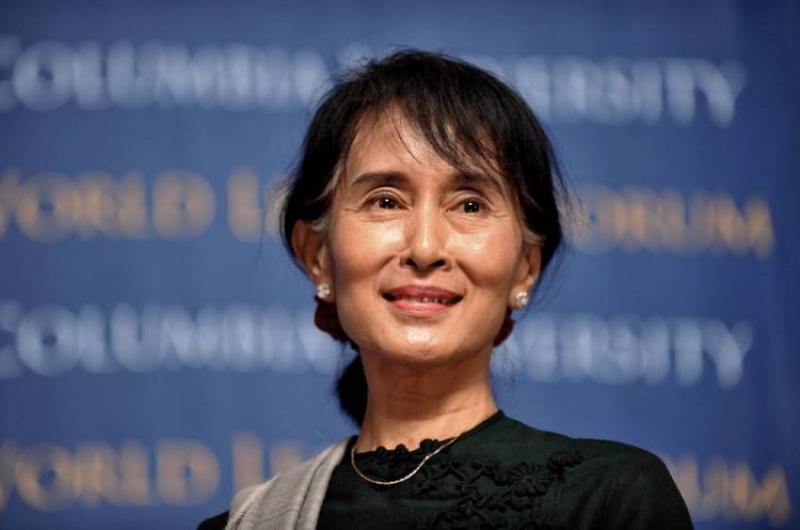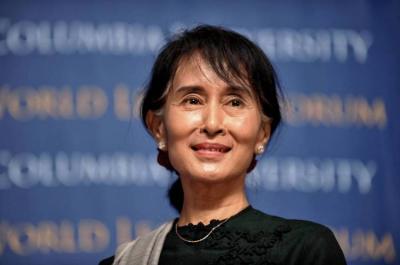The trial of ousted Myanmar leader Aung San Suu Kyi begins today, Monday, following the military council's rejection of the United Nations High Commissioner for Human Rights' criticisms regarding its use of deadly force against protesters. Myanmar has been in turmoil since the military seized power on February 1 and detained Suu Kyi and other senior members of her party, leading to daily protests and clashes between armed forces and ethnic minority militias.
Suu Kyi, 75, is scheduled to appear in court today on charges of violating COVID-19 laws during her election campaign, which she won last November, and for possessing unlicensed wireless communication devices. Her lawyer stated that the first trial is expected to continue until the end of July. Suu Kyi, a Nobel laureate, faces additional serious charges, including intent to incite and breaching the Official Secrets Act, alongside allegations of accepting $600,000 and 11.4 kilograms of gold from the former chief minister in Yangon.
UN High Commissioner for Human Rights Michelle Bachelet stated on Friday that violence is escalating and condemned the military's "shameful" use of heavy weapons. Bachelet noted that the military council has shown no willingness to implement a five-point agreement reached with the Association of Southeast Asian Nations (ASEAN) in April to halt violence and begin dialogue with its opponents. The military-led foreign ministry in Myanmar rejected Bachelet's statement, questioning the accuracy and neutrality of the report, and claimed it failed to mention the sabotage and terrorism committed by illegitimate associations and terrorist groups, as well as the suffering and casualties among security forces.




